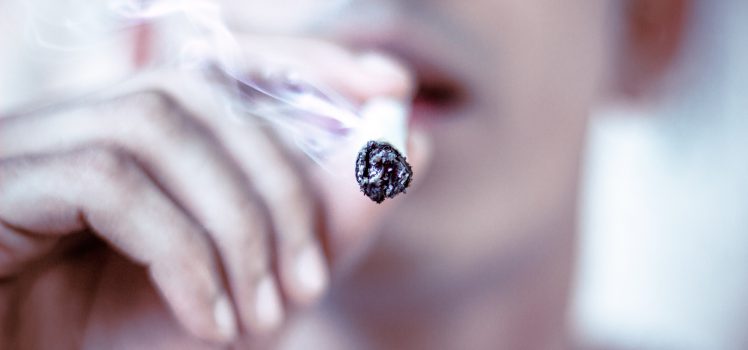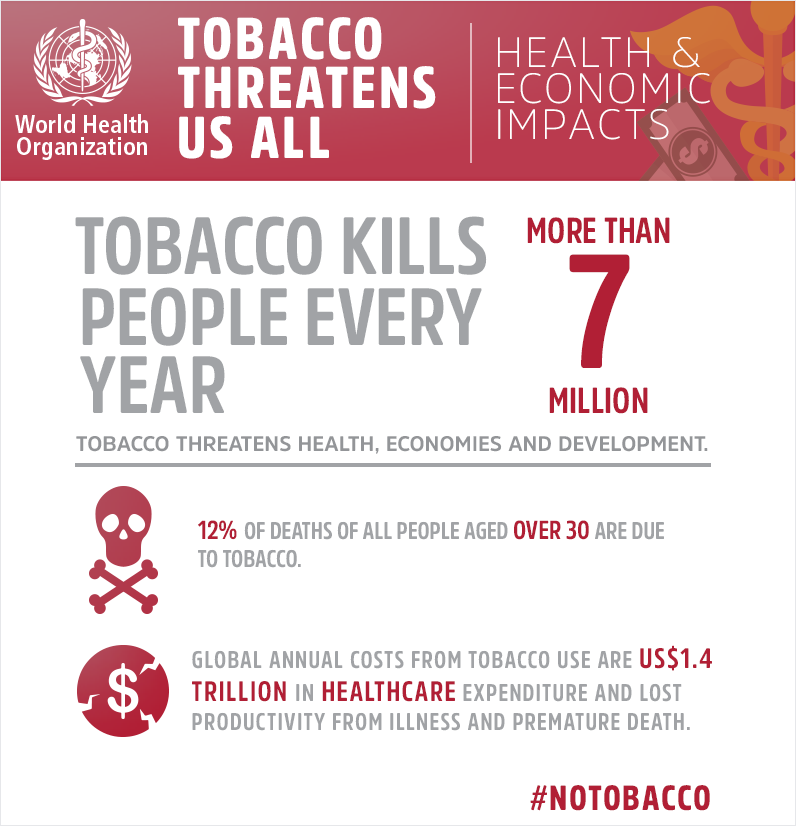The “Why” and The “How” of Quitting Smoking

31st of May is World No Tobacco Day and we decided to talk about smoking. If you or anyone you know is trying to stop smoking or has difficulties quitting, FindMeCure’s database shows 352 clinical trials developing different kinds of therapies and treatments to help people quit smoking more easily. If you, however, decide to opt-out of clinical trials or even any treatments at all to try your chances on your own and test the limits of your willpower (or as it’s often referred to – “quit cold turkey”), here are some things to consider.
Find Clinical TrialsThe “Why”
Well, if you need any more reason to quit smoking besides that it’s just bad for your general health (and your wallet), let’s talk facts and statistics.
- Obviously, quitting cigarettes makes your breathing easier, gets rid of your smoker’s cough (because your lung capacity improves) and it also improves your blood circulation, which in turn can lead to better sex and more enjoyment of physical activity in general (so no excuses such as “If I quit, I’ll gain weight” are available)
- Talking about sex, quitting cigarettes also improves fertility[1], reduces the likelihood of miscarriage and… well, if you plan on having biological children even in the distant future, you can’t quit smoking sooner
- And surprisingly enough, studies show that quitting cigarettes lowers stress levels – so, I guess, you can’t keep on believing smoking is a stress-reliever now
- It improves smell and taste, as up till now your receptors have been dulled by the toxins
- It slows down the aging of the skin… but then again smoking makes you appear older because it damages your skin, so not smoking means aging at a normal tempo for your organism
- It makes your teeth whiter (or at least it prevents them from getting stained any further) and it improves your breath
- Quitting cigarettes significantly lowers the risk of smoking-related diseases such as lung cancer, heart disease, chronic bronchitis; not only does it add years to your life, but it also makes those years more enjoyable, as non-smokers remain more active, healthy and mobile in their old age
- It lowers the risk of the chronic incurable disease emphysema… well, according to the FindMeCure database, there are 66 clinical trials for emphysema, so hopefully, it won’t stay incurable for long, but let’s try prevention first, ok?
- It improves your chances of fighting colds and infections, as the cilia (organelles found in the respiratory system, which help in keeping the airways free of mucus and dirt) are the first to heal when you quit smoking[2]
- Quitting cigarettes reduces belly fat and your risk of diabetes
- Your estrogen levels will return to normal, which can also mean lighter and less painful periods for the people who have them
- Quitting means: stronger immune system, stronger muscles, and stronger bones
- Now, you might say “I’m gonna spend this money anyway”, but let me just remind you that you can actually spend it on something better – better quality food, clothes, theatre tickets, higher quality cosmetics, that you’d otherwise consider “luxury” – it’s all up to you, but don’t just brush off the fact that this is some extra money; you can even save the exact amount you would otherwise spend on cigarettes every day or week and buy something bigger at the end of the mon

The “How”
There are numerous articles on the internet with generic advice on quitting, most of which you already know: let people know and ask for support, pick a quitting date, find other outlets for stress and irritation, pick up a sport to keep you focused on your improving physical condition, take up yoga or meditation… this is actually some pretty good advice and by all means, go ahead and adopt some of the suggested behaviors you find helpful. In this post, however, I’ll suggest something else:
Enjoy it. Or, well, at least try to. When you light up a cigarette, focus on the sensation – the taste, the smell, the feeling of the smoke filling up your lungs as you breathe it in. Be mindful of the way it makes you dizzy – do you really find it relaxing, pleasant? Do you really enjoy the taste it leaves in your mouth afterwards? Or do you just do it by habit, to fill up time, as you wait for the public transportation?
Can you socialize without smoking, do you find conversations somehow difficult without the cigarette pauses, do you associate certain people in your life with lighting up a cigarette? Think about those things and find the answers for yourself. If you really do enjoy the act of smoking, do you enjoy the shortness of breath as you climb a flight of stairs?
Mindfulness is a good technique for quitting many addictions. I first read it suggested to a woman who was trying to quit binge eating, then it popped up again in my yoga class as a method for quitting overanalysing, which too is a sort of addiction on its own.
So, if you’re quitting cigarettes, don’t be scared if you “slip” – just focus on how you feel as you inhale the smoke… chances are, not particularly well.
If you need more information and tips on how to quit smoking, visit Tobacco Free Life.
Article by Nelly Katsarova
[1] http://www.nhs.uk/Livewell/smoking/Pages/Betterlives.aspx
[2] https://www.smokefree.gov/quitting-smoking/reasons-quit/benefits-quitting


this is really a great blog post, thank you for sharing with us
My dad has been smoking for quite some time. He has been wanting to quit. As you said, quitting would make his breathing a lot easier. He should look at getting some help with it.